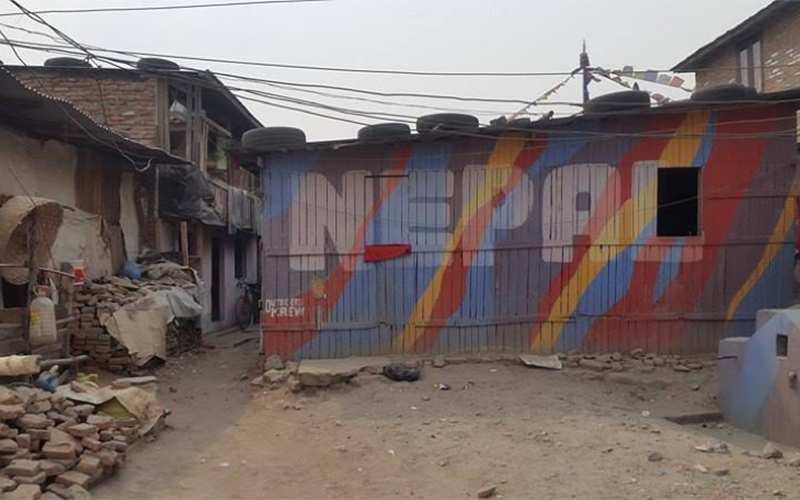14 May 2019
Congratulations to Stephanie Butcher who has successfully defended her PhD thesis examining the ‘everyday politics of water’ and how this shaped the experience of citizenship for diverse residents of Kathmandu’s informal settlements.
Stephanie's thesis outlined the ways in which negotiations around water infrastructure are linked with broader forms of entitlement in the city for the urban poor. In order to do so, it focused both on the collective tactics of the women’s federation of the urban poor—Nepal Mahila Ekta Samaj— as well as the daily practices around water collection, management, and use undertaken by diverse residents across a single settlement.
These practices were set against wider urban trends unfolding in Kathmandu, including environmental and demographic change, gender and social norms, and urban policy approaches. Bridging these scales opened up a set of reflections on how broader gendered, classist, or racialized power relations are played out through different infrastructural negotiations, with differential citizenship experiences for diverse individuals. Key to this thesis were a number of activities undertaken in collaboration with Mahila Ekta Samaj and the local NGO Guthi, including a participatory photography workshops and a public exhibition, an action-planning workshop led by federation leaders across the city, and the production of a ‘Water Charter’ presented to the Kathmandu Valley Water Service Board with a series of requirements for supporting inclusive water service delivery.
Ultimately, the thesis makes more explicit the ‘politics’ through which some residents are able to capitalize and transform infrastructural practices into a broader sense of belonging or legitimacy in the city, while simultaneously engendering exclusions for others. It concludes with a series of practice-oriented implications for how infrastructural interventions can better support diverse residents of informal settlements, building upon and expanding ongoing water advocacy in the city.
Stephanie's thesis was completed jointly through the DPU and the Centre for Urban Sustainability and Resilience in Civil Environmental and Geomantic Engineering. It was undertaken in partnership with the INGO Practical Action, and sponsored by the EPSRC.
Source: www.ucl.ac.uk

